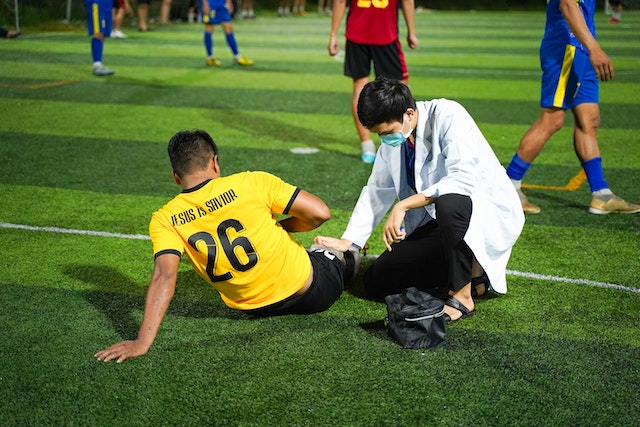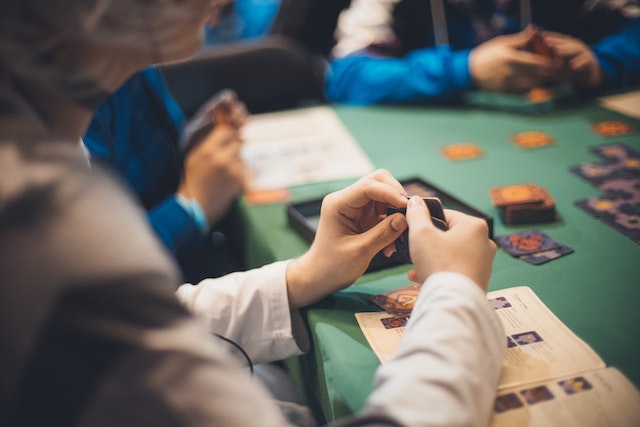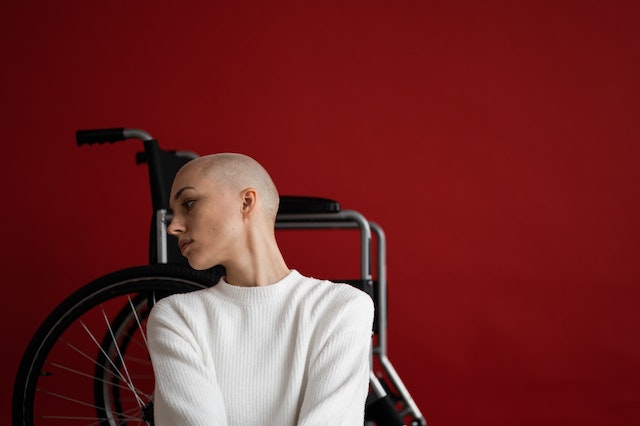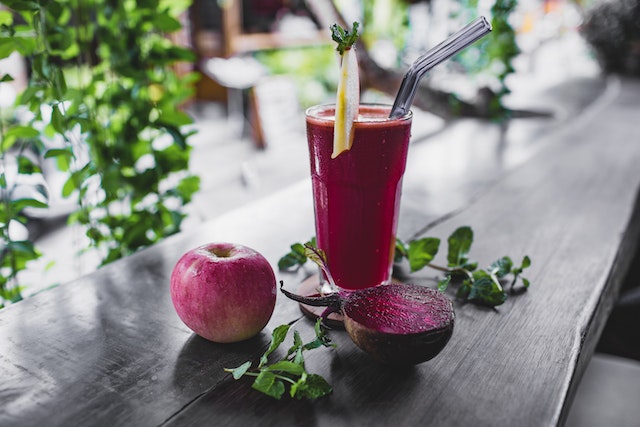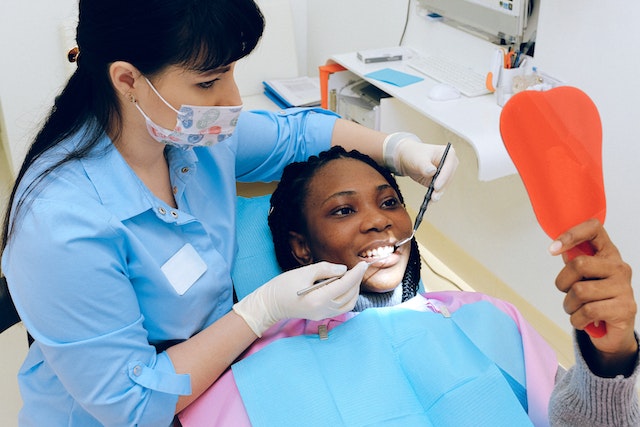Sports injury recovery is a journey that athletes often face during their careers. Whether it’s a sprained ankle, torn ligament, or muscle strain, injuries can be challenging both physically and mentally. However, with the right approach and knowledge, athletes can recover effectively and regain their strength and performance.
Preparing for Recovery
- Seeking Professional Medical Advice
- Setting Realistic Recovery Goals
- Developing a Support System
- Immediate Care for Sports Injuries
Rest, Ice, Compression, and Elevation (R.I.C.E)
- Proper Pain Management
- Utilizing Supportive Devices
- Rehabilitation Techniques and Exercises
Physical Therapy for Sports Injury Recovery
- Range of Motion Exercises
- Strengthening and Conditioning Exercises
- Nutrition and Hydration for Optimal Recovery
Importance of Proper Nutrition
- Nutrients for Tissue Repair and Recovery
- Hydration Strategies for Athletes
- Mental and Emotional Healing
Coping with Frustration and Disappointment
- Building Resilience and Positive Mindset
- Seeking Support from Sports Psychologists
- Gradual Return to Sports Activities
Consulting with Medical Professionals
- Following a Structured Return-to-Play Plan
- Monitoring Progress and Preventing Re-injury
- Sports Injury Prevention Strategies
Warm-up and Cool-down Techniques
- Proper Equipment and Gear
- Cross-Training and Conditioning
Frequently Asked Questions (FAQs)
Q.What is the typical recovery time for a sports injury?
The recovery time varies depending on the type and severity of the injury. It can range from a few weeks to several months.
Q.Should I continue exercising during my recovery?
It is essential to follow the guidance of your healthcare professional. In some cases, modified exercises can aid in the recovery process.
Q.Can I prevent sports injuries entirely?
While it’s impossible to eliminate the risk of sports injuries completely, taking preventive measures and practicing proper techniques can significantly reduce the likelihood of injuries.
Q.Is surgery always necessary for sports injuries?
Surgery is not always required for sports injuries. Many injuries can heal through conservative treatment methods such as physical therapy and rest.
Q.How can I stay motivated during the recovery process?
Setting realistic goals, tracking progress, seeking support from loved ones, and visualizing your return to sports can help maintain motivation throughout the recovery journey.
Q.When should I seek professional help for my sports injury?
If you experience severe pain, have difficulty bearing weight, or notice persistent swelling, it’s essential to consult with a healthcare professional for an accurate diagnosis and appropriate treatment.
Conclusion
Sports injury recovery is a multifaceted process that requires a combination of physical, mental, and emotional efforts. By understanding the nature of sports injuries, preparing for recovery, implementing effective rehabilitation techniques, and prioritizing self-care, athletes can navigate their healing journey successfully.Remember, patience, perseverance, and professional guidance are key elements in achieving a full recovery and returning to your sport stronger than ever.

